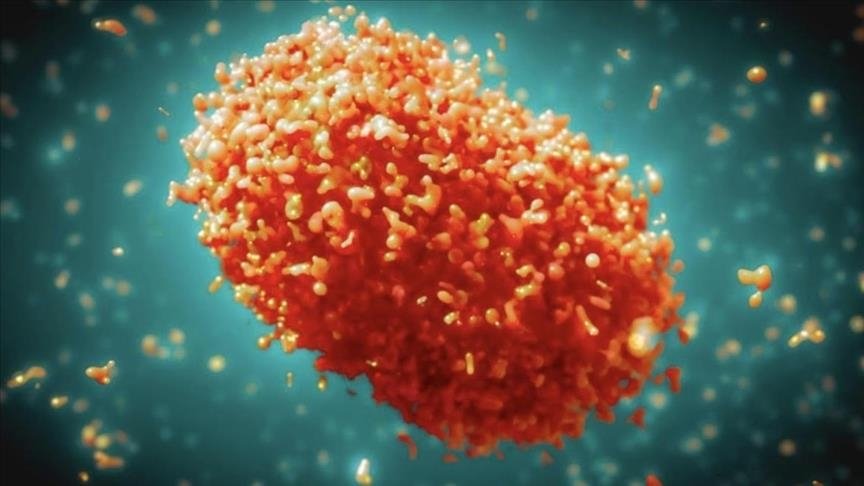Excessive fat in the body, particularly saturated and trans fats, can lead to serious health issues. These include increased risk of heart disease, stroke, type 2 diabetes, and certain cancers. Overweight and obesity, often caused by excess fat intake, can also lead to musculoskeletal problems, sleep apnea, and even severe COVID-19 symptoms.
Specific Dangers of Fat Accumulation:
Cardiovascular Disease:
1/High intake of saturated and trans fats can raise “bad” LDL cholesterol levels, increasing the risk of heart disease and stroke.
2/ Type 2 Diabetes:
Obesity, often a consequence of excess fat intake, is a major risk factor for type 2 diabetes.
3/Cancer:
Excess body fat, especially visceral fat, is linked to increased risk of several cancers, including endometrial, breast, and colon cancer.
4/ Musculoskeletal Problems:
Excess weight puts strain on joints, increasing the risk of osteoarthritis and back pain.
5/Sleep Apnea:
Obesity can lead to sleep apnea due to the extra weight and fat tissue around the respiratory system.
Digestive Problems:
Excess fat can contribute to digestive issues and fatty liver disease.
Types of Fat and their Effects:
1/Saturated Fats:
Found in animal products (meat, dairy) and some plant-based foods (coconut oil, palm oil). While some saturated fat is necessary, excessive intake can raise LDL cholesterol and increase the risk of heart disease.
2/ Trans Fats:
Often found in processed foods and fried foods.
These are considered the most harmful type of fat and should be avoided.
3/Visceral Fat:
Fat stored around the organs in the abdomen. It’s more metabolically active than subcutaneous fat and is linked to a higher risk of various diseases.
4/ Subcutaneous Fat:
Fat stored under the skin. While it can contribute to overall weight gain, it’s generally less harmful than visceral fat.
Recommendations:
Limit Saturated and ¶Trans Fats:
Choose lean protein sources, low-fat dairy, and unsaturated fats (like those found in olive oil, avocados, and nuts).
¶Maintain a Healthy Weight:
Focus on a balanced diet and regular exercise to manage body weight and reduce fat storage.
¶Be Aware of Hidden Fats:
Be mindful of the fat content in processed foods, baked goods, and restaurant meals.
Consult a Healthcare Professional:
If you have concerns about your fat intake or weight, consult a doctor or registered dietitian for personalized advice.
Facts about fat – NHS
Eating too much saturated fats in your diet can raise “bad” LDL cholesterol in your blood, which can increase the risk of heart disease and stroke. “Good” HDL c…
NHS
The truth about fats: the good, the bad, and the in-between
— Bad trans fats. The worst type of dietary fat is the kind known as trans fat.
It is a byproduct of a process called hydrogenation that is used to tur…
Harvard Health
Visceral Fat: Why It’s Dangerous and How to Lose It – What Is Visceral Fat? … Visceral fat is fat that wraps around organs in your belly that are deep inside you. It can surround your liver, intestines,
What Is Saturated Fat and Is It Unhealthy? – Healthline
According to the AHA, less than 6% of your calories should come from saturated fat if you have high cholesterol. If your dietary intake is 2,000 calories per day.
Healthline
Obesity – Symptoms and causes & Complications.
Heart disease and strokes. Obesity makes you more likely to have high blood pressure and unhealthy cholesterol levels, which are ris…
Know which to choose.
Saturated fats can add up quickly in foods that combine ingredients. In U.S. diets, the most common sources of saturated fats are sandwiches, burgers…
Get to Know the Effects of Different Fats on the Body and …
Does Each Type of Fat Contain the Same Calories? Every gram of fat provides 9 calories, which is twice that of 1 gram of protein, which has only 4 calories.
Follow us on all social media platforms @dailyquery for news and analyses around the globe.



























